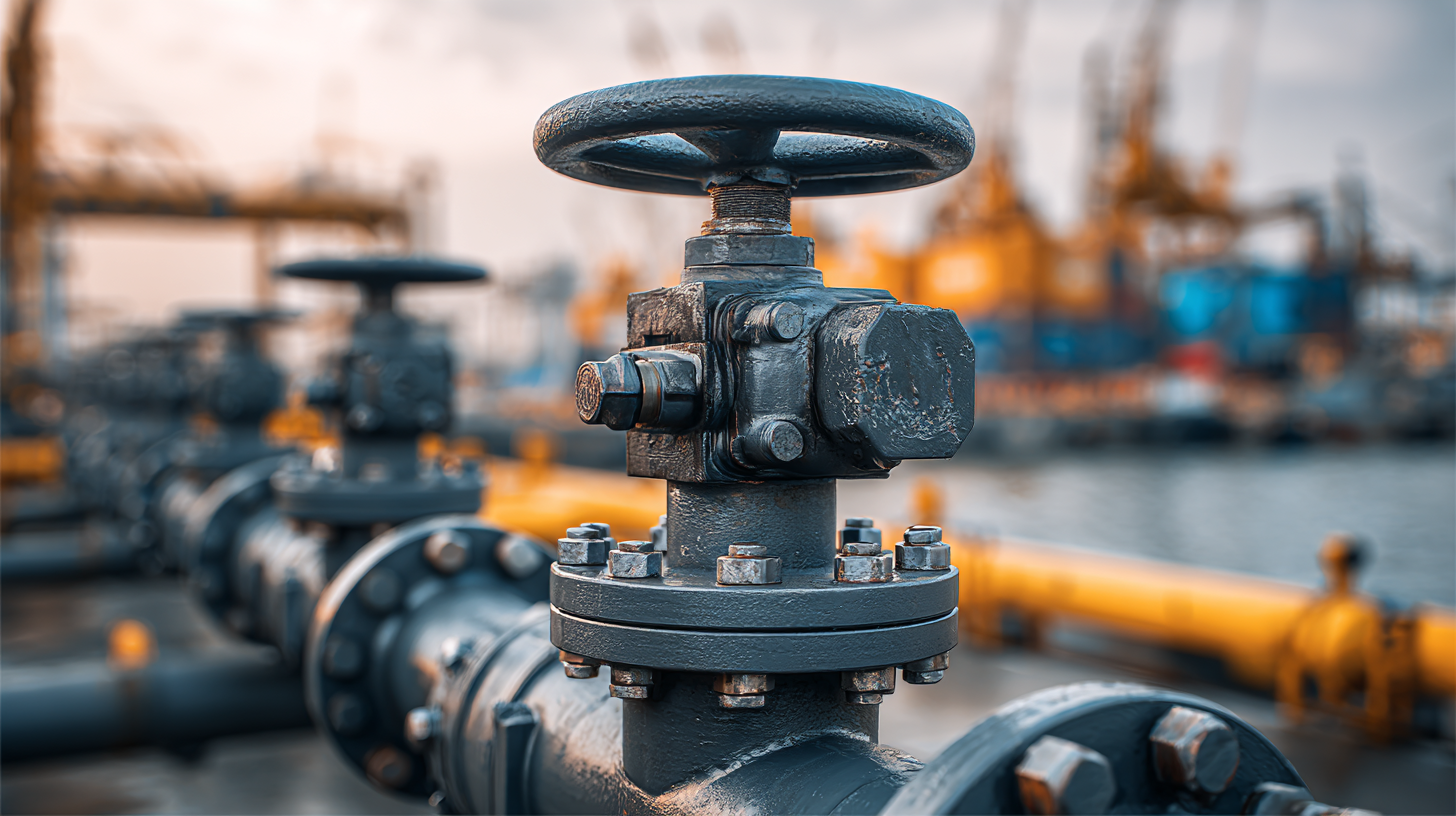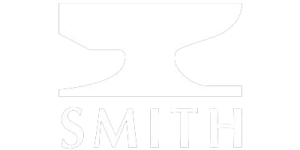

- 713.590.1312
- sale@pandbtools.com
Navigating Global Trade Standards for Best Valve Distributors with Essential Certification Insights
In today's rapidly evolving global marketplace, the role of valve distributors in ensuring industry compliance with international trade standards has never been more critical. According to a recent report by Grand View Research, the global valve market is expected to reach $109.93 billion by 2027, reflecting a compound annual growth rate (CAGR) of 5.5% from 2020. As demand for valves spans various sectors, including oil and gas, water and wastewater, and power generation, understanding the essential certifications required to navigate these standards is vital for valve distributors.

Compliance with these regulations not only facilitates smoother cross-border trade but also affirms a distributor's commitment to quality and safety. Hence, this guide will explore the key certification insights that can empower valve distributors to thrive in a competitive landscape while meeting the diverse needs of their clients worldwide.
Understanding the Importance of Global Trade Standards for Valve Distributors
In the competitive landscape of valve distribution, understanding global trade standards is crucial for distributors aiming to establish a reputable presence in international markets. These standards serve as a foundation for product quality and safety, helping distributors to navigate regulatory requirements across different regions. Compliance with these standards not only enhances product reliability but also builds consumer trust, ultimately leading to stronger customer relationships and increased sales.
Furthermore, essential certifications play a pivotal role in the global trade ecosystem for valve distributors. Certifications such as ISO 9001 or ASME ensure that products meet international quality benchmarks, making them more appealing to both domestic and foreign buyers. These credentials can streamline the import and export process by demonstrating compliance with both local and international regulations, minimizing risks associated with trade disputes or product recalls.
By prioritizing certification and adherence to global standards, valve distributors can position themselves as leaders in the market, paving the way for sustainable growth and competitive advantage.
Key Certifications Every Valve Distributor Should Obtain for Global Compliance
In today’s competitive global marketplace, obtaining the right certifications is crucial for valve distributors aiming to meet international compliance standards. Certifications such as the ISO 9001, which focuses on quality management systems, and the API 6D for pipeline valves, not only assure customers of product reliability but also enhance marketability. According to a recent report from Global Industry Analysts, the global valve market is projected to reach USD 95 billion by 2027, highlighting the increasing demand for standardized products that adhere to safety and quality protocols.
Tip: Before pursuing certifications, distributors should conduct a thorough gap analysis to identify areas needing improvement in their processes and products. This step can streamline the certification process and ensure compliance with necessary standards.
Additionally, obtaining certifications like CE marking and ASME compliance can open avenues for distribution in regions with stringent safety regulations, such as Europe and North America. The Engineering Industry Association reported that up to 70% of buyers consider compliance certifications as a critical factor in their purchasing decisions.
Tip: Stay updated with changing regulatory requirements by subscribing to industry publications and joining relevant professional organizations. This proactive approach ensures distributors remain compliant and ready to adapt to evolving standards.
Navigating Global Trade Standards for Best Valve Distributors with Essential Certification Insights
| Certification Name | Description | Region of Relevance | Validity Period | Cost Range (USD) |
|---|---|---|---|---|
| ISO 9001 | Quality management systems | Global | 3 years | $5,000 - $15,000 |
| CE Marking | Compliance with EU safety standards | European Union | Varies by product | $2,000 - $10,000 |
| API 6D | Pipeline and piping valve standards | USA, International | 3 years | $4,000 - $12,000 |
| ASME Certification | Pressure vessel and piping standards | USA, International | 3 years | $3,000 - $15,000 |
| ISO 14001 | Environmental management systems | Global | 3 years | $4,000 - $14,000 |
Navigating the Certification Process: Tips for Efficient Approval
 Navigating the certification process for valve distribution can be a complex journey. With global trade standards continuously evolving, it’s essential for distributors to stay informed about necessary certifications to ensure compliance and market competitiveness. According to a 2022 report by the International Trade Centre, over 60% of manufacturers consider compliance certifications as a key factor in maintaining their market position.
Navigating the certification process for valve distribution can be a complex journey. With global trade standards continuously evolving, it’s essential for distributors to stay informed about necessary certifications to ensure compliance and market competitiveness. According to a 2022 report by the International Trade Centre, over 60% of manufacturers consider compliance certifications as a key factor in maintaining their market position.
Here are some tips to streamline your certification approval process. First, familiarize yourself with the specific standards applicable to your product range. For example, certifications like ISO 9001 and API 6D are crucial for maintaining quality assurance and operational efficiency. Engaging with an experienced consultant can also help identify any gaps in your current practices, making the pathway to certification smoother.
Additionally, establish a dedicated team focused on compliance. Research indicates that companies with specialized compliance teams reduce their time to certification by up to 30%. Regular training sessions and updates on regulatory changes can further enhance your team's readiness. By adopting a proactive approach, valve distributors can navigate the complex certification landscape more efficiently, ultimately leading to better market access and customer trust.
Common Challenges in Meeting Global Trade Standards and How to Overcome Them
Meeting global trade standards is crucial for valve distributors seeking to establish a competitive edge. However, many face significant challenges, including varying compliance requirements across regions and the complexities of certification processes. Understanding the specific standards mandated by different countries can be daunting. For instance, certifications like ISO and API might be recognized in some markets but not in others, causing confusion and delays in market entry.

To overcome these hurdles, valve distributors should first invest in comprehensive training for their teams about global standards and certifications applicable to their products. Collaborating with local experts or certification bodies can also streamline the process, helping distributors navigate regulatory landscapes more effectively. Regular audits and updates on changing standards can further ensure that a distributor remains compliant, reducing the risk of penalties or product recalls that could damage their reputation.
Embracing technology and digital tools for tracking compliance requirements can also facilitate smoother operations and better decision-making.
Staying Updated: Monitoring Changes in Global Trade Regulations and Certifications
In today's dynamic global marketplace, valve distributors must stay vigilant in monitoring changes to trade regulations and certifications. As industries strive for excellence, compliance with global standards has become increasingly critical. This not only entails a thorough understanding of existing regulations but also requires the ability to adapt to shifting requirements that can have significant implications for product acceptance and market access.
To maintain a competitive edge, distributors should implement robust tracking systems that allow them to stay informed about updates in certification processes and trade regulations. Engaging with industry associations and subscribing to relevant news feeds can provide timely insights on upcoming changes. Additionally, establishing relationships with regulatory bodies can facilitate smoother compliance checks and offer advance knowledge of potential regulatory shifts, ensuring that distributors are always one step ahead in their operational strategies.
Moreover, regular training and development for employees on compliance matters are essential. Empowering teams with knowledge about the intricacies of global trade standards not only reinforces the distributor's commitment to quality but also enhances operational efficiency. By prioritizing continuous education and engagement with regulatory developments, valve distributors can navigate the complex landscape of global trade standards with confidence.

